Unlike the other forms of acne (pimples), like blackheads, whiteheads, and little, squeezable even though you shouldn’t bump, cystic acne can’t be treated with the same creams and serums in your medicine cabinet. Because cystic acne is much more difficult to treat. It is caused by excess oil production, dead skin cells, and bacteria that become trapped in the pores. This results in inflammation and the formation of cysts. It is characterized by large, inflamed, and moreover painful. Whether you’ve had cystic acne for decades or just getting started, you can do a few things as skin care to get rid of acne.
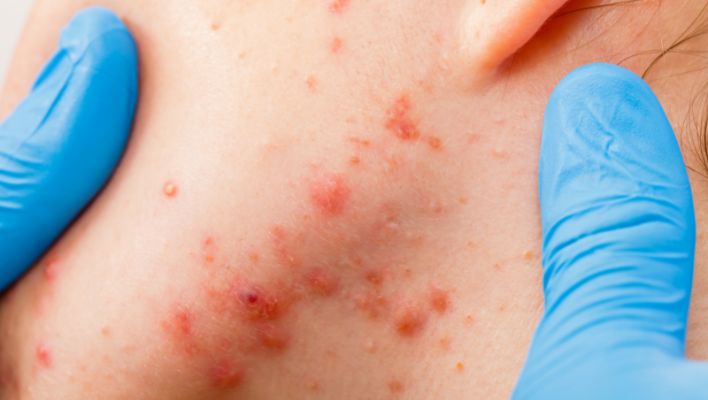
What is cystic acne?
Cystic acne is a severe form of acne that affects the deeper layers of the skin. It is characterized by large, red, painful lesions that can form on any part of the body. The lesions are filled with pus and can sometimes be accompanied by cyst-like bumps. Cystic acne is caused by an overproduction of oil, bacteria, and irritation of the skin.
What causes cystic acne?
Cystic acne is a severe form of acne that can lead to inflammation, redness, and scarring. While the exact cause of cystic acne is unknown, several factors are known to contribute to its development, including:
- Hormonal Imbalance: Hormonal changes can trigger an increase in sebum production, which can lead to the formation of cystic acne. Hormonal changes can be caused by puberty, stress, pregnancy, and certain medications.
- Genetics: Some people are genetically predisposed to cystic acne. It can be passed down through families.
- Bacteria: Bacteria called Propionibacterium acnes (P. acnes) can accumulate on the skin and cause cystic acne.
- Diet: Consuming foods that are high in sugar, dairy, and processed ingredients can increase inflammation in the body and trigger cystic acne.
- Stress: Stress can trigger the release of hormones that can cause cystic acne.
How to prevent cystic acne fast?
There are some steps you can take to prevent cystic acne from forming and to reduce the severity of existing cystic acne. These tips can also help you prevent it from happening in the first place.
Salicylic acid cleanser
Using a salicylic acid cleanser is a great way to combat acne. It can help unclog pores, which can lead to the prevention of acne. It can also help clear up blackheads and whiteheads and prevent them from returning. However, using the correct product is vital to get the most benefits.
The correct product to use has a low percentage of benzoyl peroxide. This is because benzoyl peroxide can be irritating to the skin. It can also be drying. To minimize irritation, use a light, oil-free, non-comedogenic moisturizer.
Besides, salicylic acid is a beta-hydroxy acid that can penetrate the skin deep into clogged pores. It’s also known for its anti-inflammatory properties. It can work on both white and blackheads and helps loosen the glue that holds the skin cells together.
Benzoyl peroxide
Benzoyl peroxide is a topical acne treatment that can be bought over the counter or prescribed by a physician. It works to reduce acne by killing the bacteria that cause it. It also reduces the amount of sebum produced by the skin.
Benzoyl peroxide can be used alone or in combination with other acne treatments. It is available in cream, lotion, and gel forms. The cream can be used once or twice a day. When applying the gel, massage it in a circular motion to clean the affected area. After a few minutes, rinse with water.
Benzoyl peroxide is safe for most skin types. It is very effective at the recommended concentrations. However, it can cause some side effects, including dryness and redness of the skin.
Topical Retinoids
Using the topical retinoids for cystic acne can be a very effective skin care formula to treat your acne. This form of treatment works by boosting the production of new skin cells. This helps unclog pores and shrink acne cysts. You should use the right retinoid for your skin type. It is also essential to keep your skin moisturized.
Some people may experience side effects such as dryness, itching, peeling, or redness. This can happen more frequently with higher-strength retinoids. However, using the proper medication is still the best way to avoid side effects.
Birth control pills
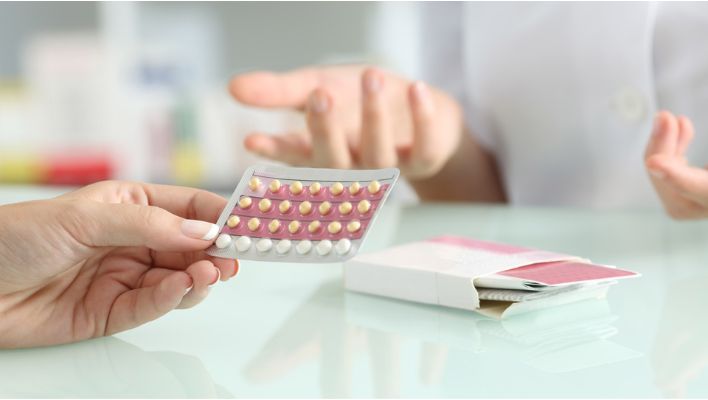
Using birth control pills for acne is often a good option if you’re experiencing symptoms, but you should talk to your doctor first. If you have a family history of acne or if your acne doesn’t respond to over-the-counter treatments, birth control may be a good choice for you.
Birth control pills for acne work by suppressing androgen hormones, which are responsible for the development of acne. They also reduce the levels of sebum, which is the oil your skin produces.
Using birth control pills can help to clear up acne, but it may take several months for the skin to improve. The type of pill you take will also affect how well it works.
Charcoal
Activated charcoal is a material that has been used for centuries by cultures around the world. This material is believed to have many benefits for both your body and your skin.
Charcoal is said to be able to absorb excess oil, dirt, and debris in your pores. It also works as an exfoliant to help clear up blackheads and other skin problems. However, before using it on your skin, you should consult your dermatologist first.
Activated charcoal is also used to reduce inflammation. It is said to absorb toxins in your body, which is good. However, it can also cause constipation, so make sure to use it in moderation.
Sulfur
Using sulfur for cystic acne skin care has become popular over the years. This natural mineral has several uses but is best known for its anti-bacterial properties. Its keratolytic effect can help remove the outer layers of skin, which can soften and cleanse the skin.
Sulfur is not recommended for all types of skin. It can be irritating to specific skin types and dehydrated skin. It can disrupt the skin’s moisture barrier, making it more vulnerable to breakouts. Its strong chemical properties can also accelerate skin cell growth.
Sulfur treats many skin ailments, including dandruff, rashes, and acne. It is a potent acne treatment ingredient but is ineffective in treating more severe forms of acne.
FAQs About Skin Care For Cystic Acne
Q. What are the symptoms of cystic acne?
Symptoms of cystic acne can include red, swollen, and painful nodules that may be filled with pus. These lesions can be tender to the touch and may be located on the face, neck, chest, back, and shoulders.
Q. Are there any natural remedies for cystic acne?
Yes, there are natural remedies for cystic acne, such as applying a honey and cinnamon mask to the affected area, using tea tree oil, and taking zinc supplements.
Q. How long does it take for cystic acne to heal?
The healing time for cystic acne varies depending on the severity of the condition, but it can take anywhere from a few weeks to several months for cystic acne to heal.
Q. Are there any long-term effects of cystic acne?
Yes, cystic acne can lead to long-term scarring if it is not properly treated. It is important to take the necessary steps to manage your condition and avoid picking or touching the affected area.
Q. What is the recovery time for cystic acne?
The recovery time for cystic acne can vary depending on the severity of the condition and the treatment plan. It is important to follow the instructions of your dermatologist to ensure that you are taking the appropriate steps to manage your condition.

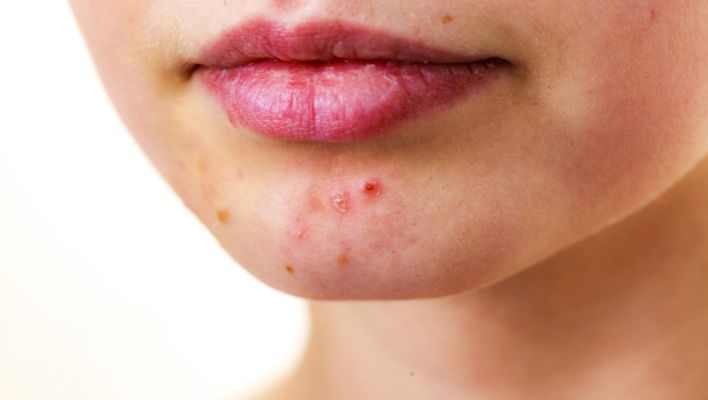
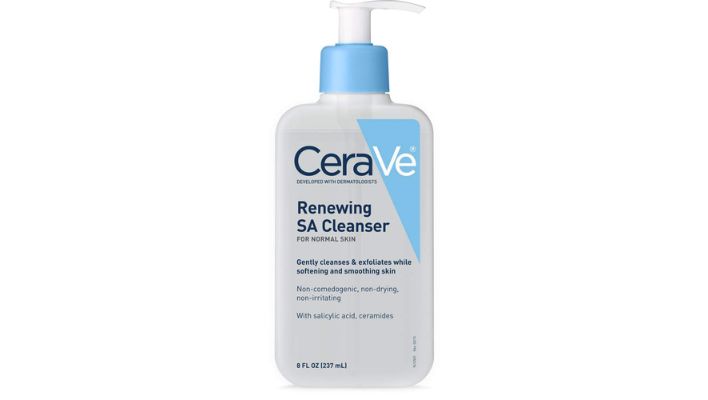
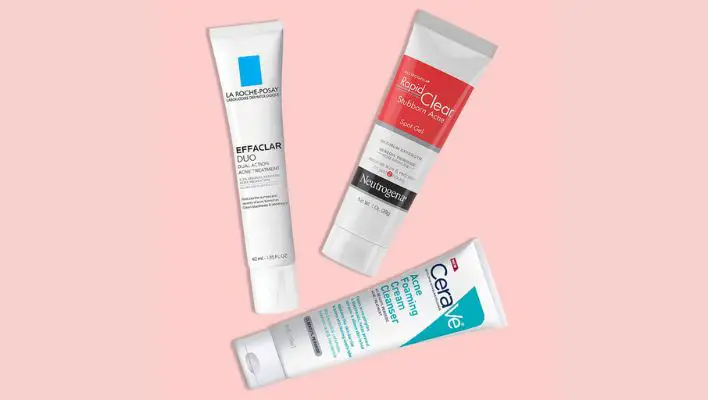
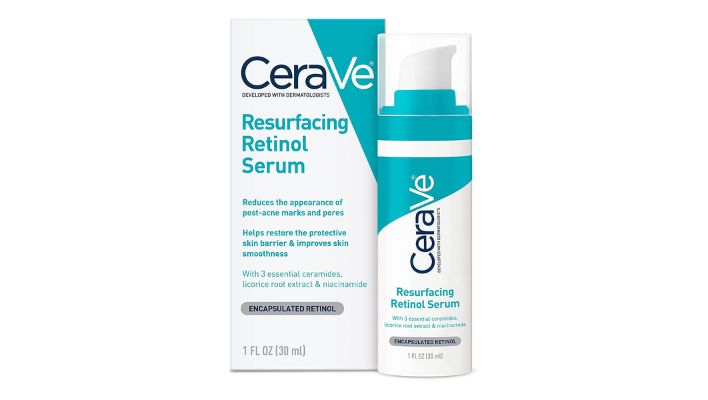
3 thoughts on “Skin Care For Cystic Acne”
Comments are closed.